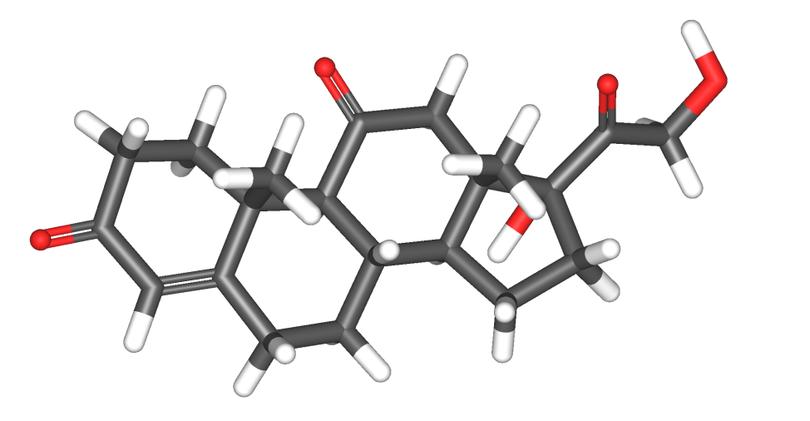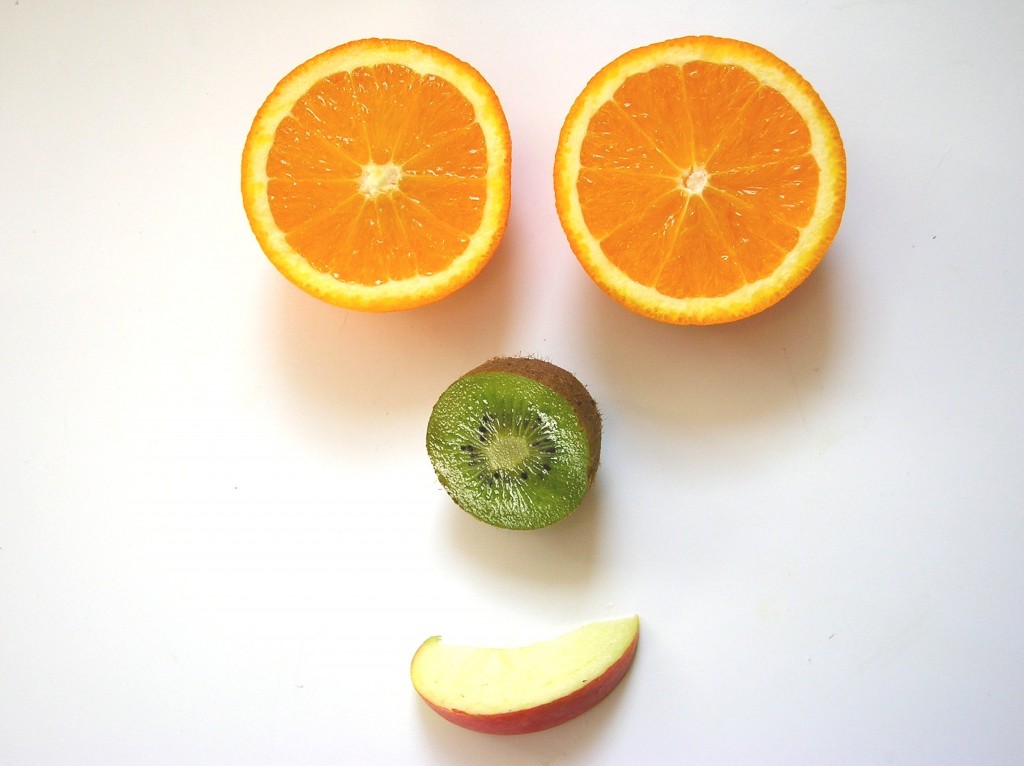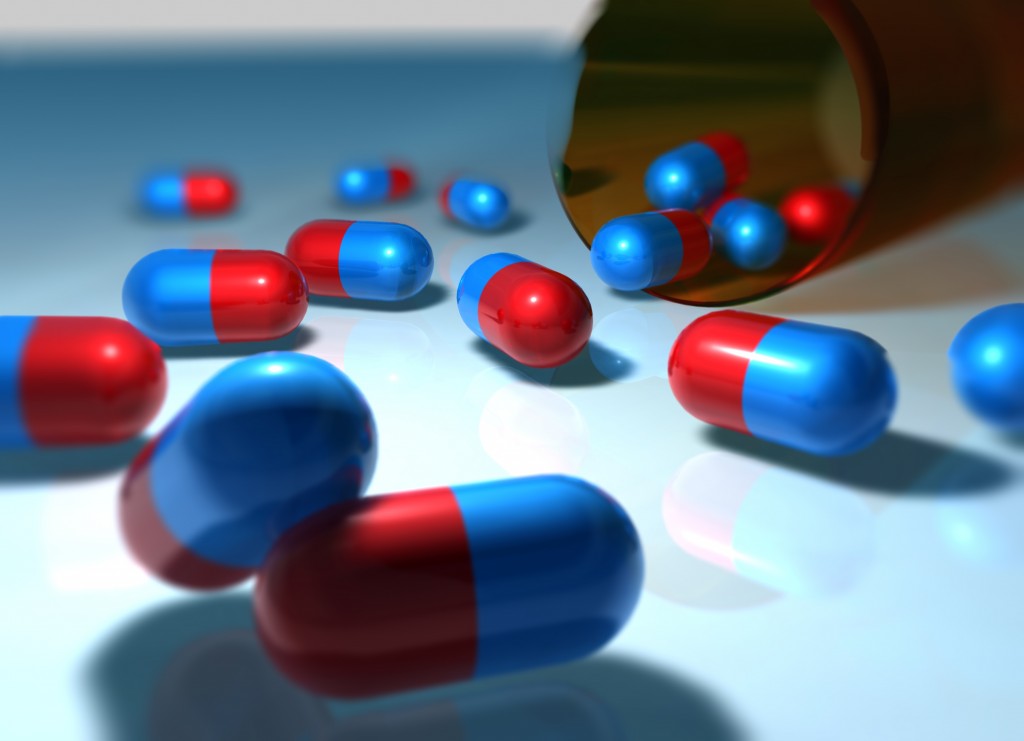A major new article review recently published in The Lancet reveals what many in the natural health profession have suspected for a long time. The review examined the results of over 40 randomized trials and over 2500 patients with tendon injuries. The reviewers found that cortisone injections did in fact provide fast and significant pain relief compared with doing nothing or partaking in physical therapy. However, cortisone shots did not heal the structural damage underlying the pain. Instead, they actually hindered the structural healing.
When patients who received cortisone injections were re-examined at 6 and 12 months, the results were alarming. Overall, people who received cortisone shots had a much lower rate of full recovery than those who did nothing or who underwent physical therapy. Continue reading “Do Cortisone Shots Make Things Worse?”






